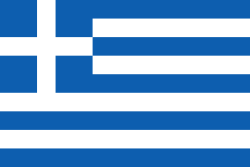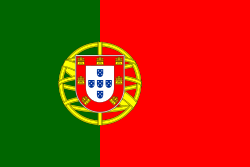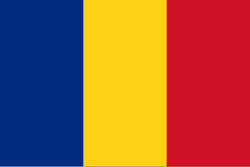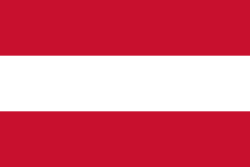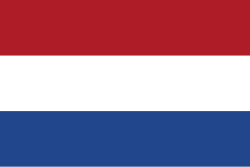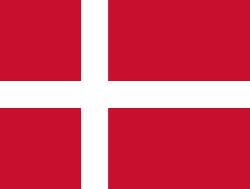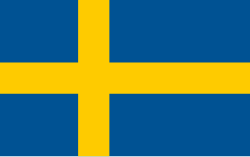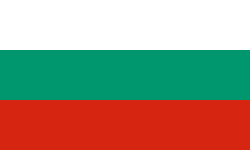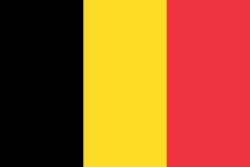Palermo
| Palermo Palermo | |||||
|---|---|---|---|---|---|
| |||||
 | |||||
| Overblik | |||||
| Land | |||||
| Borgmester | Leoluca Orlando | ||||
| Region | Sicilien | ||||
| Provins | Palermo | ||||
| Postnr. | 90100, 90121–90151 | ||||
| Telefonkode | 091 | ||||
| Nummerpladebogstav(er) | PA | ||||
| UN/LOCODE | ITPMO | ||||
| Demografi | |||||
| Indbyggere | 668.405 (2018)[1] | ||||
| - Areal | 161 km² | ||||
| - Befolkningstæthed | 4.162 pr. km² | ||||
| Andet | |||||
| Tidszone | UTC+1 (normaltid) UTC+2 (sommertid) | ||||
| Højde m.o.h. | 14 m | ||||
| Hjemmeside | www.comune.palermo.it | ||||
| Oversigtskort | |||||
Palermo (siciliansk: Palermu eller Palemmu) er hovedbyen og hovedsæde for den italienske region Sicilien. Byen er også hovedbyen i provinsen Palermo.
Historie
Palermo blev grundlagt af fønikerne og forblev fønikisk helt til første puniske krig (264 f.Kr. – 241 f.Kr.), da Sicilien blev erobret af romerne.
I det 9. århundrede, da muslimer invaderede Nordafrika, erobrede de Palermo i 831 og senere hele øen Sicilien i 965. Det var også muslimerne, som flyttede Siciliens hovedstad fra Syrakus til Palermo. I den muslimske periode var Palermo en vigtig handelsby.
Palermo blev erobret af normannerne i 1072 og blev hovedstaden i Kongeriget Sicilien; og indgik i 1194 i det Tysk-Romerske Rige. Sicilien og Palermo blev overdraget til Aragonien og i 1491 til Spanien. Kongeriget Siciliens forening med kongeriget Napoli til kongeriget Begge Sicilier i 1816 gjorde, at Palermo fik en sekundær betydning. Ved Siciliens tilslutning til Italien i 1860 genvandt Palermo som Siciliens hovedby sin tidligere vigtige position.
Referencer
- ^ Popolazione Residente al 1° Gennaio 2018, Istituto Nazionale di Statistica, hentet 16. marts 2019 (fra Wikidata).
| |||||||||||||||||||||||||||||||||
| ||||||||||||||||||||||||||
|
Medier brugt på denne side
Forfatter/Opretter: TUBS
Location of province XY (see filename) in Italy.
The Flag of Europe is the flag and emblem of the European Union (EU) and Council of Europe (CoE). It consists of a circle of 12 golden (yellow) stars on a blue background. It was created in 1955 by the CoE and adopted by the EU, then the European Communities, in the 1980s.
The CoE and EU are distinct in membership and nature. The CoE is a 47-member international organisation dealing with human rights and rule of law, while the EU is a quasi-federal union of 27 states focused on economic integration and political cooperation. Today, the flag is mostly associated with the latter.
It was the intention of the CoE that the flag should come to represent Europe as a whole, and since its adoption the membership of the CoE covers nearly the entire continent. This is why the EU adopted the same flag. The flag has been used to represent Europe in sporting events and as a pro-democracy banner outside the Union.Flag of Portugal, created by Columbano Bordalo Pinheiro (1857–1929), officially adopted by Portuguese government in June 30th 1911 (in use since about November 1910). Color shades matching the RGB values officially reccomended here. (PMS values should be used for direct ink or textile; CMYK for 4-color offset printing on paper; this is an image for screen display, RGB should be used.)
Flag of Austria with the red in the Austrian national colours which was official ordered within the Austrian Armed Forces (Bundesheer) in the characteristic “Pantone 032 C” (since May 2018 the Red is ordered in the characteristic “Pantone 186 C”.)
Finlands flag
Forfatter/Opretter: Xerones, Licens: CC BY 2.0
On one morning in the mid 11th Century, Norman Knights under Count Roger de Hautville, brother of Robert Guiscard who already ruled much of Italy south of Naples, camped on these hills surrounding Palermo, then a Saracen city. With a Papal banner flying, the knights rode though the orange groves and pleasure gardens of the city to take control of Palermo and then all Sicily. There then began a period of rare, enlightened government in Medieval history when Christians, both Latins and Byzantine Orthodox, and Muslims lived in relative peace on their island in the sun.
The Gulf of Palermo
Flag of Palermo









